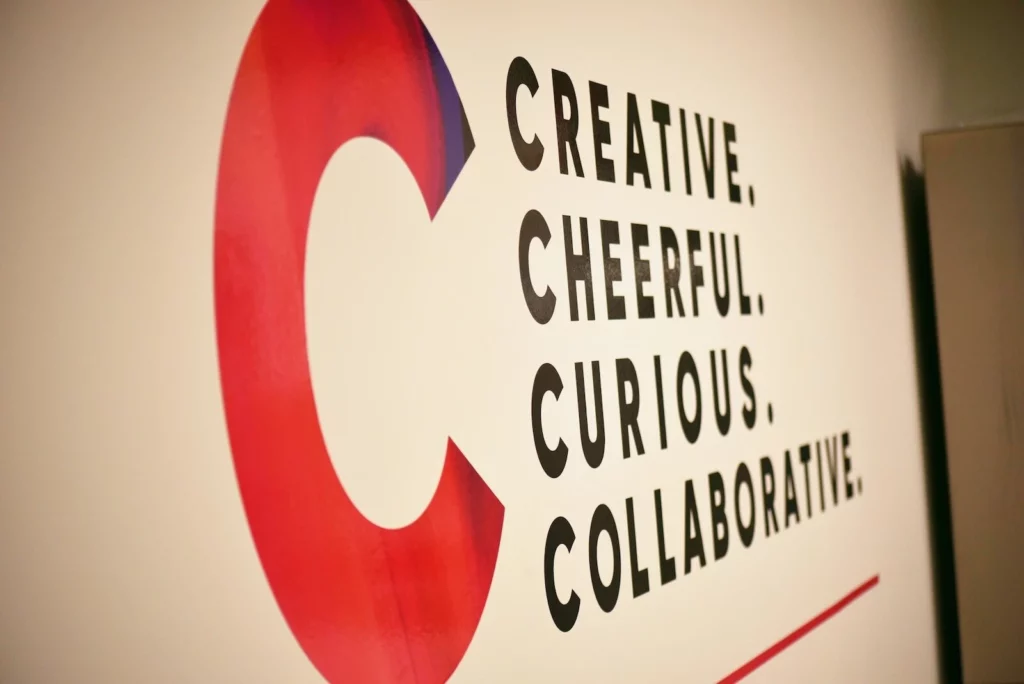Round 3 MBA 2023 vs R1 2024 Is it necessary to have work experience for MBA
How many things have to happen to you before something occurs to you
– Robert Frost
The importance of work experience for MBA admissions is beyond discussion. MBA programs are essentially all about peer education through active classroom participation. Experienced students can provide real instances from their practical knowledge. Especially at case-method schools like the Harvard Business School, where students earn 50 percent of the grades in some courses from class participation, they extensively rely on peer education.
In this article, we will help you understand the importance of applications and how an MBA with little work-experiences, you can still make the strongest case for yourself and enhance your chances to your dream business school.
Does Low Work Experience Hamper One’s Chances to Top B-Schools

Well, Yes and No! Adcoms aren’t on the lookout for a specific number of years of work experience, but rather the quality of work and professional maturity along with a compelling career trajectory. You might have heard that business schools look for at least, say, 5 years, and anything lesser than that will undermine your candidacy. But that is one of the greatest folk tales in the industry! Business schools define a range of work experience, but that is under the assumption that you may get the relevant skills and maturity to pursue an MBA in those number of years. It’s an assumption! If you have the professional maturity and skills to pursue an MBA in 3 years, you are as much a good candidate as one with 5 years!
So, they weigh quality more than quantity. Substitutes like community experience and ECs are considered to determine your fit to your target B- school when your profile falls short in terms of the number of work experience.
Hence, when business schools say they need experienced candidates, it is true! But the experience is not solely determined by the years of your work. It rather very much depends on your skills, maturity, career growth, contributions, and personality!
How an Employer Perceives You During Recruitment Post MBA

Besides the coursework gains, a pre-MBA work experience can improve your post-MBA candidate profile. A considerable work experience can be an impressive takeaway for your future employer. It shows your eagerness to make an informed career choice, as well as an eagerness to improve your candidature. An MBA is indeed a much-trodden path towards a high salary package. However, any recruiter will not blindly offer it to someone who has never seen a real functional conference room’s insides.
To be a successful MBA applicant, you should convince the admission committee that you are experienced enough to grapple with the competitive B-school environment, building upon your prior business skills. Everyone is doing business and so do b-schools. They need to have students who can be assets to the companies recruiting post-MBA. Again, you can exhibit the same even with a two-year job, but your experience should speak for itself!
Should You Apply to MBA Programs if You Have Little Work Experience

There’s not a prescription that one size fits all. Some people are ready after two years. Strong academic background, scholarships, internships, and part-time work experience can help sway an admissions committee towards accepting a student with lower-than-average work experience. You need to show your work experience as a strength, connect the experiential dots to your goals. Show that your work experience is an asset to the business school and its community, no matter if it’s two-years or ten-years. Exhibit how you have gained relevant skills necessary to achieve your post-MBA goals. Bring maturity and leadership experience in your work-ex and your personality.
Also, your story should illustrate some exemplary traits about you. If you’ve got a longing for a particular field throughout your college and your extracurricular activities, or if you have started your successful venture (on top of great academic credentials), then it can vouch for your strong candidature.
Want to pursue an MBA but not sure if your profile fits?
Talk to our Profile Experts to know your chances for a top MBA Program.
GET A FREE PROFILE ANALYSISHow Can You Enhance Your Applications Despite a Low Work Experience and Make a Strong Case for Your Candidature
And that’s what we will analyze in this article. Rather than completely baffling about being enlightened about the secrets of what will get you in, let’s talk about the factors you can focus on to improve your chances of getting into the best MBA schools in the world, even with low experience. You can work on two areas to build your profile – soft skills and hard skills.
Soft skills include communication and interpersonal skills, intellect, creativity, and a keen business sense. Some of these (such as intellect) are inherent, but you can improve some (like communication skills) with a clear plan and dedicated effort.

Let’s now move to hard skills, so here is a list of things that you can do to make your profile irresistible to the top B-schools to convince adcoms that you are the desired fit for their programs.
Choose an Underrepresented Industry or Job Stint
It’s not that any particular industry is bad. No way, But the problem is there are far too many applicants applying from that certain sector. And the mainstream roles, let’s say in the IT sector – such as software development, testing/quality assurance, business analysis, and project management – also won’t get you that ‘Oh, is that what you do?’ kind of a magnificent reaction. So if you have the opportunity, choose the industry you love and possibly the one you would want to move on with, even after completing your MBA.
Why is this important? Because the admission officers want to increase the class’s diversity to enhance the learning for everyone else. Or, you can try to explore some unconventional ECs that may also help you in your MBA experience and post-MBA career.
Be Part of an Exclusive Club
Once you’ve chosen your target industry, aim for the market leaders in the field if you can. For instance, the huge no. of consultants that get into Harvard, Stanford, and Wharton have already worked for McKinsey, Bain, or BCG. Each industry has a list of companies with a halo around them. Within technology, you have Google, Facebook, Amazon, IBM.
If the company you work for has a very competitive and tough recruiting process, it gives admission officers the feeling that you are the creme de la creme from your chosen industry.
Why is it important? Because every university wants to show the world that it’s highly selective! It helps them build their profile, just like you do it for yourself.
You can approach this by highlighting your work experience’s quality through your CV, the application forms, and the essays. It will help if you convey how well you did in a relatively short time at work and were on an upward trajectory in your career path and would be able to contribute to the class.
Demonstrate Leadership

It will help if you keep in mind that those schools that offer MBA without work experience or little work experience prefer applicants with some “work involvement” (as some would like to call it) of a year or two. And all they are on the lookout for is ‘diversity of experience.’ Adcoms will be assessing the rigor of your work ex. through these questions-
- Were you challenged in your job role
- Did you develop a varied skill set
- Were you a star performer
- Did you contribute to your organization in a meaningful way
- How have you stepped in a role to solve a problem
Bring out instances and examples to frame answers for these questions to prove your initiatives, risk-taking abilities, and impact at work.
Go Above and Beyond Work

If leadership opportunities seem scanty at work, you should consider looking outside of work for sure! Try exhibiting your robust extracurriculars, community involvements, hobbies to strengthen your application. This won’t only help you showcase your leadership aptitude but also reveal your values and interests. Focus on bringing uniqueness to your profile rather than providing points just as one among the crowd. For which, injecting personality is imperative.
We understand your concerns about having a low work experience. It does become all the more difficult when you also belong to an over-represented pool of applicants. The key is to understand your target schools and your strengths concerning them.
Please do not fret; we are with you! To understand your chances to your target schools (no matter how many disadvantages you have!), feel free to connect with us. Your journey is important to us.




Leave a Reply